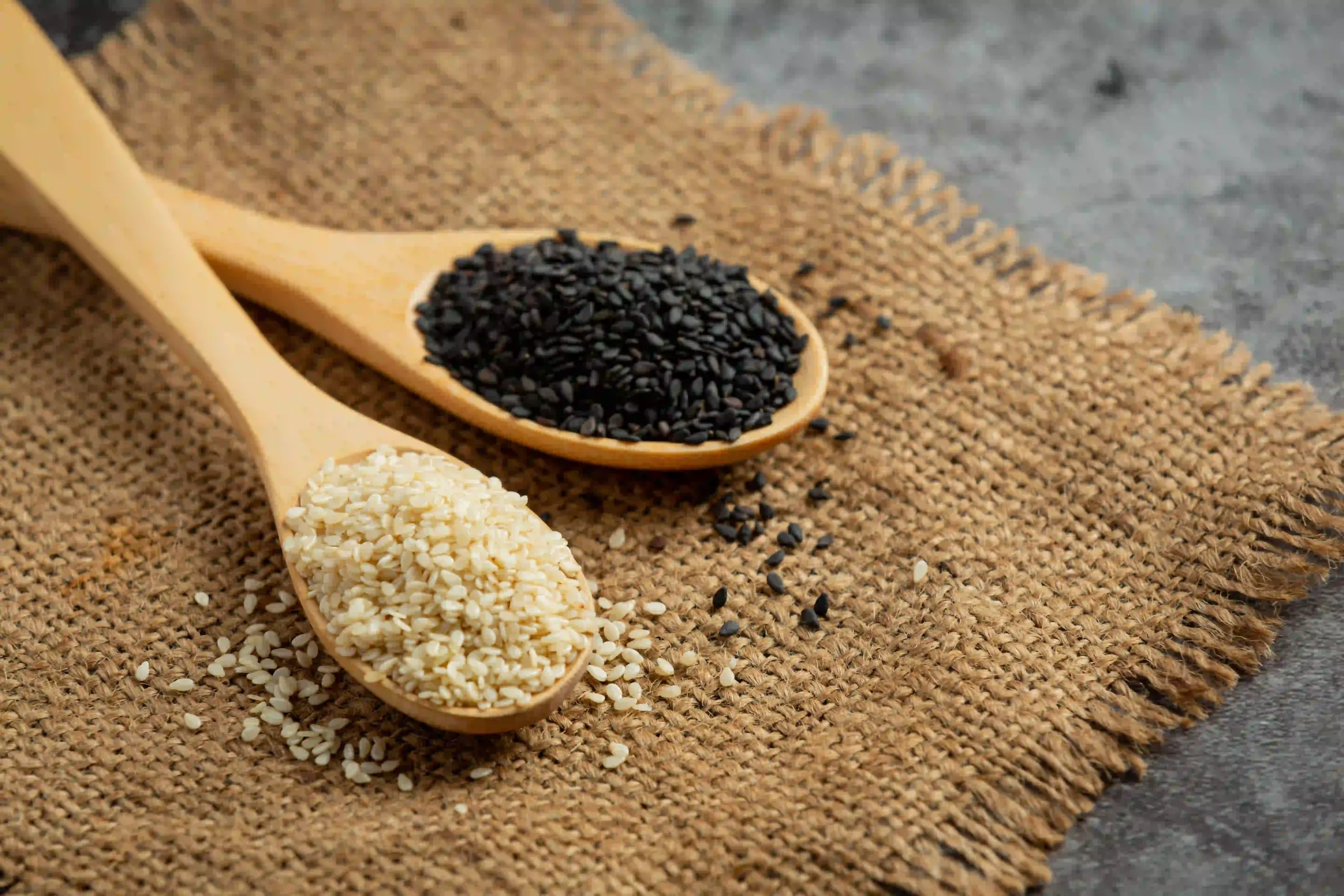Warbugia Ugandensis and Its Potential in Anti-Cancer Therapy
The search for innovative anti-cancer therapies has led researchers to explore the potential of natural plant compounds. One such promising candidate is Warbugia ugandensis (W. ugandensis), a plant whose methanolic root and stem infusions have shown significant effects on key genes involved in colorectal cancer (CRC) progression. This study delves into the impact of W. ugandensis extracts on five target genes—COX-2, CASP9, Bcl-xL, Bcl2, and 5-LOX—using CRC cell lines (Caco-2). The findings suggest that W. ugandensis could serve as a potent natural inhibitor of CRC tumorigenesis, offering a new avenue for organic anti-cancer therapies.
Methodology and Findings
The study involved a meticulous extraction process, where W. ugandensis root and stem were infused in methanol and subsequently dissolved in dimethyl sulfoxide (DMSO) for testing. Caco-2 cells, a model for colorectal cancer, were treated with varying concentrations of the extracts. RNA was then extracted and purified to analyze the expression levels of the target genes.
The results revealed a dose-dependent relationship between the phytoconstituents of W. ugandensis and the modulation of the target genes. Specifically, the extracts induced the overexpression of CASP9, a gene associated with apoptosis (programmed cell death), while downregulating COX-2, 5-LOX, Bcl-xL, and Bcl2—genes that promote cancer cell survival and proliferation. This dual action suggests that W. ugandensis not only triggers cancer cell death but also inhibits pathways that support tumor growth.
Implications for Colorectal Cancer Therapy
The findings of this study are significant for several reasons. First, they highlight the potential of W. ugandensis as a natural, plant-based inhibitor of CRC progression. Unlike synthetic drugs, plant-based compounds often come with fewer side effects, making them an attractive option for long-term therapy. Second, the study underscores the importance of further research to identify the specific metabolites in W. ugandensis responsible for these anti-cancer effects. Understanding the molecular mechanisms at play could lead to the development of more targeted and effective therapies.
Moreover, the study calls for additional in vitro studies to validate these findings and explore the broader applicability of W. ugandensis extracts in other cancer types. The potential clinical benefits of this plant are immense, particularly in regions where access to conventional cancer treatments is limited.
Commentary by SuppBase Columnist Alice Winters

The study on W. ugandensis presents a compelling case for the role of natural plant compounds in modern anti-cancer therapy. The ability of this plant to modulate key genes involved in colorectal cancer progression is both fascinating and promising. However, while the results are encouraging, it is essential to approach them with cautious optimism.
Ingredient Analysis and Efficacy
W. ugandensis contains a variety of phytoconstituents, including flavonoids, terpenoids, and alkaloids, which are known for their anti-inflammatory and anti-cancer properties. The study’s focus on COX-2, CASP9, Bcl-xL, Bcl2, and 5-LOX is particularly insightful, as these genes play critical roles in cancer cell survival and death. The downregulation of COX-2 and 5-LOX, both of which are involved in inflammation and tumor progression, suggests that W. ugandensis could be a powerful anti-inflammatory agent as well.
The overexpression of CASP9, a key player in apoptosis, further underscores the plant’s potential to induce cancer cell death. This dual mechanism—promoting cell death while inhibiting survival pathways—makes W. ugandensis a multifaceted candidate for cancer therapy.
Safety and Dosage Considerations
While the study demonstrates the efficacy of W. ugandensis extracts, it does not delve deeply into safety and dosage considerations. Natural does not always mean safe, and the potential side effects of long-term use of W. ugandensis extracts remain unclear. Future studies should focus on determining the optimal dosage that maximizes efficacy while minimizing adverse effects.
Market Trends and Consumer Needs
The growing interest in natural and organic health products is a significant market trend that aligns well with the findings of this study. Consumers are increasingly seeking alternatives to synthetic drugs, particularly for chronic conditions like cancer. W. ugandensis, with its natural origin and promising anti-cancer properties, could tap into this demand. However, rigorous clinical trials and regulatory approvals are necessary before it can be marketed as a therapeutic agent.
Environmental Impact and Sustainability
Another critical consideration is the environmental impact of harvesting W. ugandensis. As with many medicinal plants, overharvesting could threaten its sustainability. Ethical sourcing and cultivation practices must be established to ensure that the plant’s use in cancer therapy does not come at the expense of biodiversity.
Conclusion
In conclusion, the study on W. ugandensis offers a glimpse into the future of cancer therapy—one where natural plant compounds play a pivotal role. The plant’s ability to modulate key cancer-related genes is a testament to the untapped potential of nature’s pharmacy. However, much work remains to be done, from identifying the active metabolites to ensuring safety and sustainability. As research progresses, W. ugandensis could well become a cornerstone in the fight against colorectal cancer and beyond.
For consumers and healthcare professionals alike, this study serves as a reminder of the importance of integrating traditional knowledge with modern science. The journey from plant to pill is a complex one, but with careful research and ethical practices, the rewards could be transformative.



